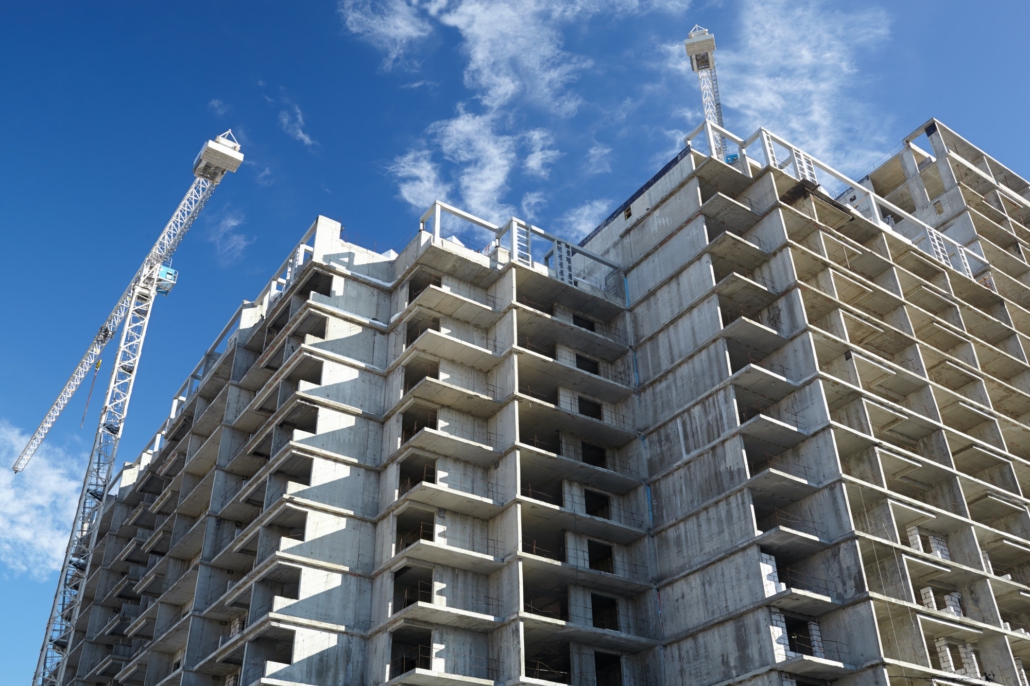Expert witness biased – can the court still use existing expert opinion?
This post is also available in: DE

In a ruling of practical relevance, the Federal Court of Justice clarified whether and in which cases the expert opinion of an expert declared to be biased may be used by the court.
Section 412 (2) ZPO states:
“(2) The court may order another expert to provide an expert opinion if an expert has been successfully rejected after providing the expert opinion.”
The wording “may” in Section 412 (2) ZPO suggests that expert opinions that have already been prepared may be used at the discretion of the court despite the expert’s bias.
The high workload in German courts is likely to tempt many judges to exploit the leeway that – supposedly – arises from Section 412 (2) ZPO to the detriment of the party affected by the bias.
The BGH has now rightly put a stop to this!
In its ruling of December 5, 2023 (case no. VI ZR 34/22), the BGH first clarified that, regardless of the wording of Section 412 (2) ZPO (keyword: “may”), the expert opinion of a rejected expert may not be used.
According to the further explanations of the BGH, exceptions are only possible within very narrow limits, namely if
“the party invoking the expert’s bias has provoked the reason for refusal in an abusive manner and at the same time there is no cause for concern that the expert’s impartiality was already impaired when preparing his previous expert opinions.”
With regard to this exception, the Federal Court of Justice rightly went on to state that it cannot be sufficient for the assumption that there was no impairment of impartiality when the expert opinion was prepared that the connecting factor for the assumption of impartiality only came to light later, i.e. after the expert opinion was prepared. The BGH literally:
“It does not follow from the fact that a (possible) impairment of impartiality did not manifest itself earlier that such an impairment did not exist.”

The case that the expert opinion of an expert who has been rejected due to bias may nevertheless be used has a purely theoretical nature. This is because:
If the reason for refusal was provoked in an abusive manner, then the refusal of the expert on this ground alone is likely to fail.
However, once the expert has been rejected, it cannot be ruled out, irrespective of the specific circumstances, that the identified concern of bias already existed when the expert opinion was prepared.


The standards relating to the right to refuse acceptance (Section 640 (1) sentence 2 BGB, Section 12 (3) VOB/B) state that acceptance of the work may not be refused due to insignificant defects. There is no statement on the required degree of completion of the work as a prerequisite for acceptance.
However, the question of what degree of completion the work must have reached in order to be considered ready for acceptance is very important, particularly in the case of plant construction, which is usually very complex.

Answering the question of whether there is a significant defect is very difficult, especially in often very complex plant construction. The absence of major defects is the decisive prerequisite for acceptance. The latter has considerable legal and practical significance: the start of the warranty periods is regularly linked to this. In addition, the due date of a considerable part of the agreed remuneration generally depends on acceptance.

Particularly in the case of complex (plant) construction projects, the contracting parties often agree – usually on the basis of the VOB/B – to carry out a so-called formal acceptance. The following article deals with the question of what such a formal acceptance is actually all about.

I look forward to our networking.
This post is also available in: DE

 Breach of an international jurisdiction agreement can result in liability for...
Breach of an international jurisdiction agreement can result in liability for...Diese Webseite nutzt Cookies. Wenn Sie die Webseite weiterhin nutzen, gehen wir von Ihrem Einverständnis aus.
VerstandenMehr erfahrenWe may request cookies to be set on your device. We use cookies to let us know when you visit our websites, how you interact with us, to enrich your user experience, and to customize your relationship with our website.
Click on the different category headings to find out more. You can also change some of your preferences. Note that blocking some types of cookies may impact your experience on our websites and the services we are able to offer.
These cookies are strictly necessary to provide you with services available through our website and to use some of its features.
Because these cookies are strictly necessary to deliver the website, refusing them will have impact how our site functions. You always can block or delete cookies by changing your browser settings and force blocking all cookies on this website. But this will always prompt you to accept/refuse cookies when revisiting our site.
We fully respect if you want to refuse cookies but to avoid asking you again and again kindly allow us to store a cookie for that. You are free to opt out any time or opt in for other cookies to get a better experience. If you refuse cookies we will remove all set cookies in our domain.
We provide you with a list of stored cookies on your computer in our domain so you can check what we stored. Due to security reasons we are not able to show or modify cookies from other domains. You can check these in your browser security settings.
These cookies collect information that is used either in aggregate form to help us understand how our website is being used or how effective our marketing campaigns are, or to help us customize our website and application for you in order to enhance your experience.
If you do not want that we track your visit to our site you can disable tracking in your browser here:
We also use different external services like Google Webfonts, Google Maps, and external Video providers. Since these providers may collect personal data like your IP address we allow you to block them here. Please be aware that this might heavily reduce the functionality and appearance of our site. Changes will take effect once you reload the page.
Google Webfont Settings:
Google Map Settings:
Google reCaptcha Settings:
Vimeo and Youtube video embeds:
The following cookies are also needed - You can choose if you want to allow them:
You can read about our cookies and privacy settings in detail on our Privacy Policy Page.
Datenschutzerklärung